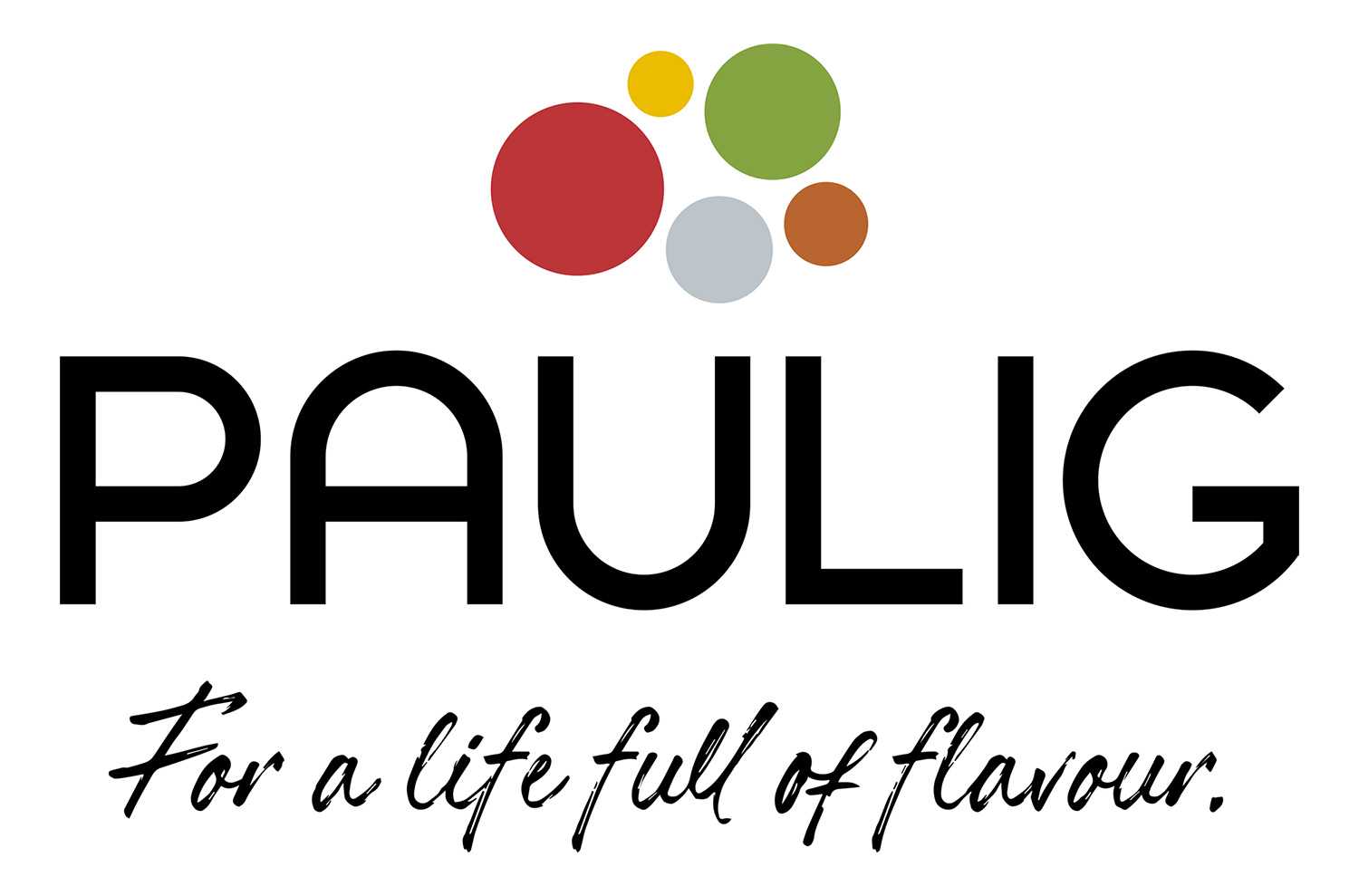HELSINKI, Finland – Only a few months ago, the international food and beverage company Paulig partnered with the milling company Paniflower and agricultural trading company BAT Agrar to launch a long-term project aimed at significantly reducing the environmental impact of wheat production.
Their goal is to assist farmers in adopting innovative farming techniques while rigorously evaluating the effectiveness of these methods. As a result of this initiative, the first tortillas with a reduced environmental footprint will be available to European consumers starting in 2025. It can also enable the production of up to 500 million tortillas annually at Paulig’s Belgian facilities.
“Our partnership is up and running, and Paniflower will mill 35,000 tons of regenerative wheat achieving up to 35% reduction in carbon emissions,” says Katrien Deschepper, Managing Director at Paniflower. “A healthy planet is essential for producing top-quality wheat for our flour. That is why we are working with suppliers, and customers to promote sustainable farming while ensuring support and fair compensations for farmers.”
In the project, farmers are empowered to adopt methods such as the utilization of biostimulants, cover crops, under-sown crops, resilient wheat varieties, soil improvement, biodiversity zones, and optimized nutrient management. These practices promote sustainability by reducing Greenhouse Gas (GHG) emissions and improving biodiversity. They also contribute to the resilience and long-term viability of farming operations.
“We firmly believe that the path to a more sustainable future for wheat production lies in collaboration,” says Salla Sulasuo, Director of Sustainability at Paulig. “By working hand in hand with farmers and leveraging their invaluable expertise, we can drive meaningful change and create a more resilient agricultural ecosystem. We are very committed to our ambition to reduce our value chain emissions by 50% by 2030, and we will use all our leverage in our circle of influence to do so.”
By gathering essential data at the farm level on various variables that influence environmental impact, the companies can closely monitor progress and tailor strategies to optimize outcomes. The commitment of farmers to provide these data is essential to achieving our shared sustainability objectives.
“Based on the farm management data, we calculate Greenhouse Gas emissions and recommend climate-smart agricultural measures in Germany. Recognizing the challenges posed by climate change, BAT Agrar’s CO2NSERVE program aims to address these issues with standardized solutions through contract farming. In addition, our consultants support thousands of farmers in the field with customized, climate efficient and GHG reduction farming practices,” mentions Michael Roßberger, Head of division Plant Production at BAT Agrar.
All parties are actively seeking to onboard more farmers who are willing to embrace sustainable practices and contribute to our shared mission. Together, they can make a tangible difference and pave the way for a more sustainable future. “Through this collaboration and with the GHG program of BAT Agrar, we were able to expand our portfolio of environmental and nature conservation measures with activities for CO2 reduction,“ adds Andreas Baum, Managing Director at ACG Farm.















